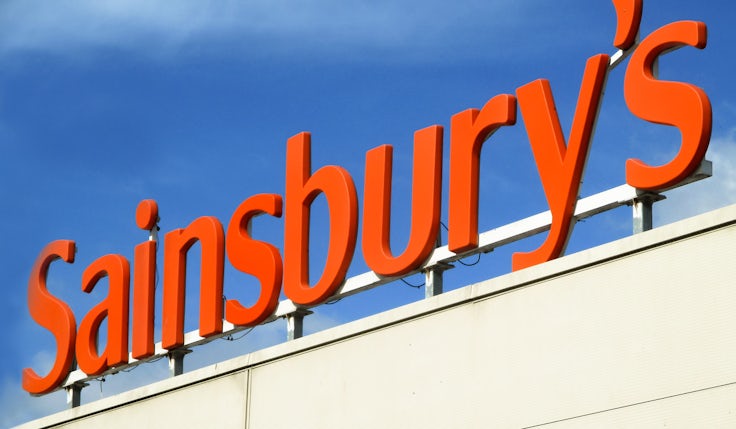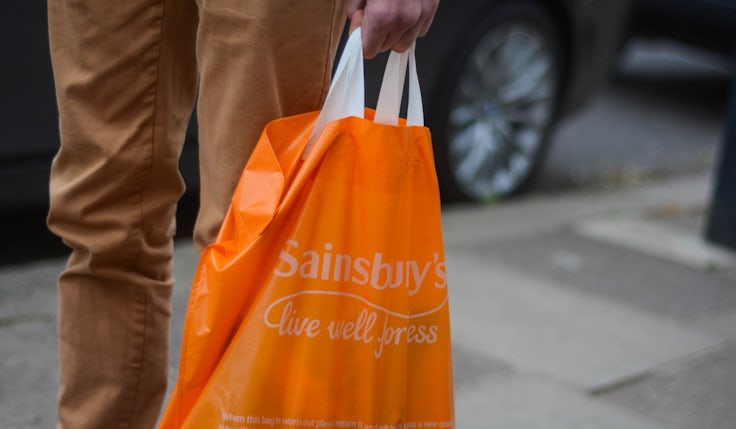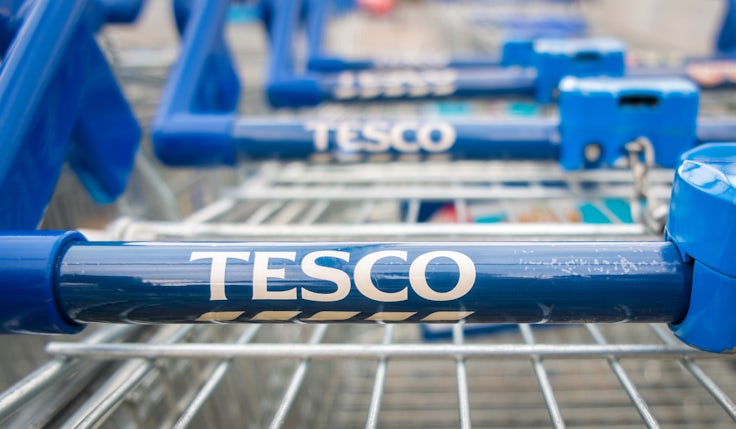Sainsbury’s to invest £50m in lower prices as discounters gain market share
Sainsbury’s, Tesco and Morrisons have all lost market share over the 12 weeks to the end of November, while discounters Aldi and Lidl have made gains, Kantar data reveals.
 Sainsbury’s is investing a further £50m into lowering prices over the next four months, as shoppers continue to turn to discount supermarkets amid the cost of living crisis.
Sainsbury’s is investing a further £50m into lowering prices over the next four months, as shoppers continue to turn to discount supermarkets amid the cost of living crisis.
Over £15m has been specifically allocated towards maintaining low prices on festive food, with the supermarket holding the price of its Christmas dinner at the same level as last year.
The latest announcement follows a previous £65m investment to tackle price inflation in September. By March 2023, Sainsbury’s will have invested over £550m into dealing with the cost of living crisis, the most money it has ever spent across a two-year period on mitigating price rises and a 10% surplus on its original target.
“We really understand that millions of households are having to make really tough decisions this Christmas and our job is to do everything we can to help with the rising costs of living,” says CEO Simon Roberts.
“We are accelerating our commitment to being the best value, investing a further £50m in lowering prices and doing everything we can to fight inflation and help our customers enjoy celebrating this year.”
Data released by Kantar today (6 December) shows Sainsbury’s has lost some market share as Aldi and Lidl continue to grow. The supermarket’s share for the 12 weeks to 27 November was 15.2%, a drop from 15.4% over the same period in 2021. However, its sales did rise by 4.3%, as take-home grocery sales across the board increased by 5.9%.
Aldi promises to maintain low prices despite profit slumpSimilarly, Tesco – which claims the largest share of the market – saw its market share decline from 27.7% to 27.2%.
Meanwhile, Lidl achieved record market share of 7.4% for the 12 week period, with sales increasing 22% year on year (YoY). Aldi’s sales grew by 24.4%, as it reached a 9.3% share.
In September, Aldi displaced Morrisons as one of the ‘Big Four’ supermarkets with the largest UK market shares. Morrisons’ market share has remained below Aldi’s at 9%, representing a YoY decline of 1%. Despite overall growth in grocery sales, Morrisons’ sales have declined by 4.7%.
Competing on value
With the data indicating consumers are turning towards better value offerings as their wallets are squeezed, Sainsbury’s hasn’t been the only supermarket to invest considerable sums in keeping prices low. In September, Co-op announced plans to invest £37m in slashing the price of more than 100 of its own-brand grocery products into the new year.
Price match initiatives have also been expanded, with Sainsbury’s having pledged to focus on fresh products in its ‘Aldi Price Match’ range. Tesco has a similar Aldi Price Match initiative, and in October reported that the range was extremely popular, with 99% of large baskets containing at least one item from the range.Co-op to invest £37m in lower prices following profit dip
Sainsbury’s is also freezing prices on household essentials through its ‘Price Lock’, including 20% more own-brand products. Own-brand products have been a focus for the supermarket in its bid to maintain share during the cost of living crisis.
In Sainsbury’s interim results presentation last month, CEO Roberts reported strong sales in the retailer’s own-brand ranges, up 11% YoY in the 12 weeks to 17 September.
He also cited “the great performance” of Sainsbury’s premium private-label Taste the Difference range, which had seen sales increase by 13% compared to the same period in 2019.
Kantar’s head of retail and consumer insight Fraser McKevitt says this is a trend being seen across the supermarkets.
“The cheapest value own-label lines have soared by 46.3%, but people still want to find room for treats at this time of year and this is driving growth at the other end of the spectrum too. Premium own label sales are up by 6.1% to £461m in November,” he says.







Comments